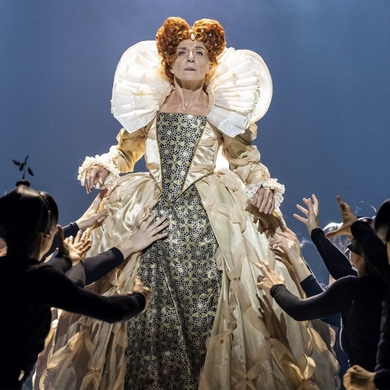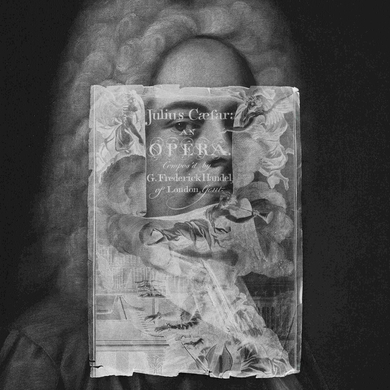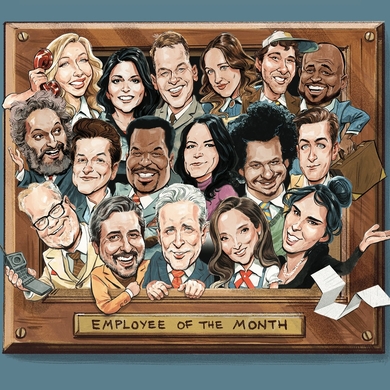Though fondly remembered by posterity under the ridiculous sobriquet “Papa,” Franz Joseph Haydn was in his way the baddest rock star of his time. True, he spent most of his composing life off in the boonies, at the beck and call of a minor noble with a taste for the finest in music. Yet connoisseurs all over Europe knew exactly who he was, and when Napoléon occupied Vienna in 1805, he posted an honor guard before Haydn’s door to make sure he came to no harm. Two pinnacles of Hadyn’s career were the set of six symphonies he wrote for the unsurpassed Concert de la Loge Olympique in Paris (1785–86) and the dozen he wrote for Johann Peter Solomon, impresario supreme, in London (1791–95). Commissioned for the largest, technically most accomplished orchestras of the age, these works gave Haydn challenges and opportunities he embraced with gusto, raising the symphonic genre to heights previously unimagined. From the Paris set, this program includes Symphony No. 82 (“The Bear”), originally conducted by the Black swordsman and proto-Paganini Joseph de Bologne, Chevalier de Saint Georges, whose star is blazing now after centuries in eclipse. From the London set, the program includes No. 100 (“The Military”), remarkable for the brilliant “Turkish” timbres of the triangle, cymbals, and bass drum. Two vocal pieces will be heard as well: the spiritually anguished Haydn motet “Insana et vane curae,” plus, in its world premiere, a tribute to Haydn by the Scottish oboist, composer, and conductor Helen Grime. The 30-something Christoph Koncz, who presides on the podium, is also a multiple threat. At age nine, he acted the part of the child prodigy Kaspar Weiss in François Girard’s international hit movie The Red Violin (fronting for the former child prodigy Joshua Bell, heard on the soundtrack in John Corigliano’s Oscar-winning score). At the age of 20, Koncz made history as the youngest principal second violin in the history of the incomparable Vienna Philharmonic—a post most fiddlers would hang onto for life. But no, last August Koncz resigned to concentrate on his expanding conducting career, which is accelerating at a most impressive clip. —Matthew Gurewitsch



